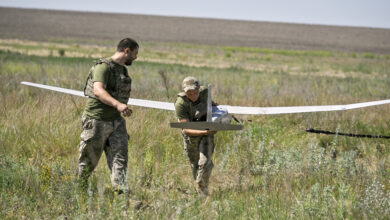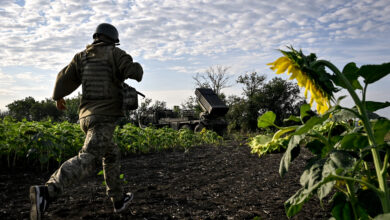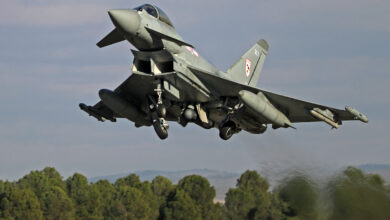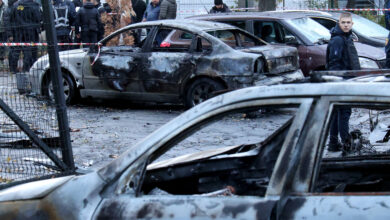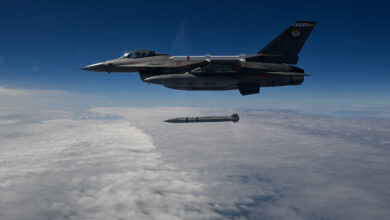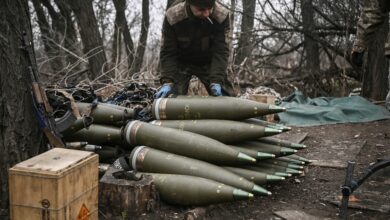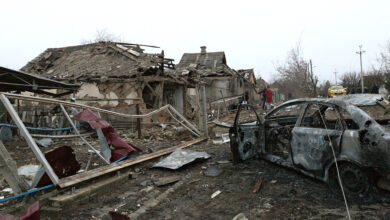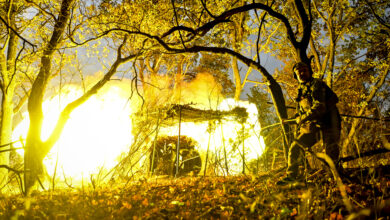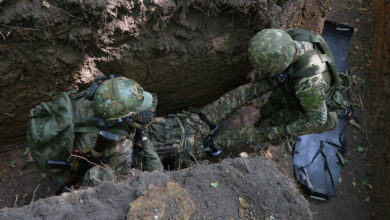President Vladimir Putin warned Tuesday that Russia was prepared to take military steps in response to “unfriendly” Western actions over the Ukraine conflict, in a sharp escalation of rhetoric.
He also called for “serious negotiations” on Russian security demands put to the United States and NATO during his first call with new German Chancellor Olaf Scholz, who in turn called for “de-escalation.”
The Russian president has for weeks accused the United States and the Washington-led NATO military alliance of stoking tensions near Moscow’s borders, but these were his first comments hinting at potential conflict.
Putin told defence ministry officials that if the West continued its “obviously aggressive stance” Russia would take “appropriate retaliatory military-technical measures.”
Russia “will react toughly to unfriendly steps,” he said, adding that he wanted to underscore that “we have every right to do so.”
The United States has been sounding the alarm since mid-November that Moscow could be planning a large-scale attack on its ex-Soviet neighbour Ukraine and has warned Putin of unprecedented sanctions.
Western governments have accused Moscow of amassing some 100,000 troops near its border with eastern Ukraine, where Kyiv has been fighting pro-Russia separatists since 2014.
‘Doorstep of Our House’
Russia denies plotting an invasion and has demanded legal guarantees over its security from the United States and NATO, demanding the alliance stop an eastward expansion.
Last week Moscow presented its demands to the United States and NATO, saying the alliance must not admit new members or establish military bases in ex-Soviet countries.
In his first call with German Chancellor Scholz, Putin on Tuesday said he wanted “serious negotiations” on the demands, accusing Ukraine of having violated the 2015 ceasefire agreements.
“The chancellor expressed his concern about the situation and spoke of the urgent need for de-escalation,” said a statement released by Scholz’s office.
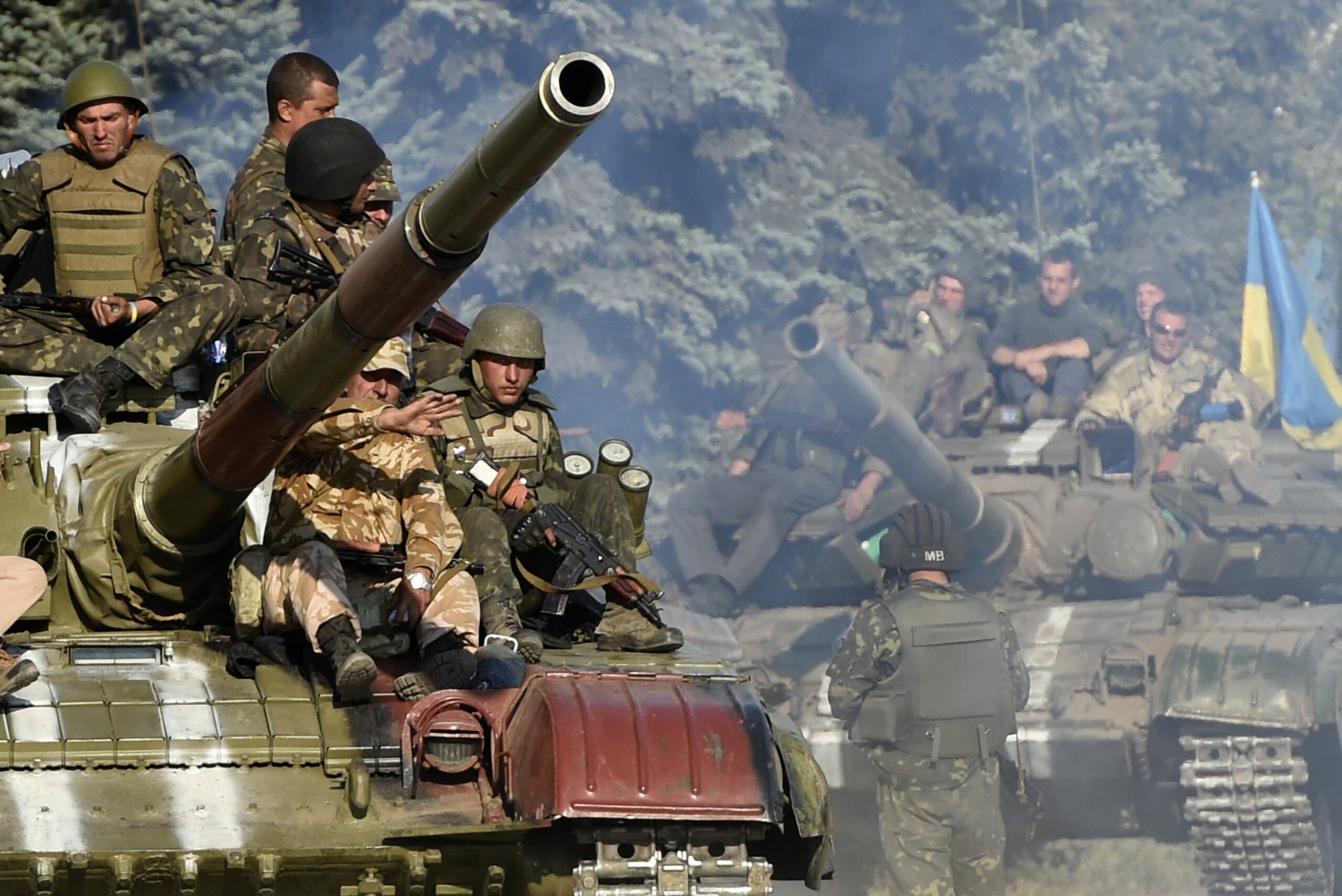
At the meeting with defence officials earlier, Putin voiced concern in particular over what he said was US missile deployments in Poland and Romania, countries he said would soon be capable of launching Tomahawk cruise missiles.
“If this infrastructure moves further — if US and NATO missile systems appear in Ukraine — then their approach time to Moscow will be reduced to seven or 10 minutes,” he said. That the time would be cut even shorter with hypersonic weapons, he added.
Despite hinting at conflict, Putin insisted Russia wanted to avoid “bloodshed.”
“We want to resolve issues by political and diplomatic means,” he said. But the Russian leader repeated grievances over Washington’s support for Ukraine, which includes training Kyiv’s forces and committing more than $2.5 billion in funds to them. Those actions are taking place “at the doorstep of our house,” said Putin.
Zelensky Seeks ‘Clear Timeline’
Even if Moscow receives US security guarantees, Putin said he would be wary of them because “the United States easily withdraws from all international treaties that for one reason or another become uninteresting to them.”
Ukraine’s President Volodymyr Zelensky meanwhile voiced frustration over NATO’s reluctance to speed up Kyiv’s membership in the alliance.
“We cannot accept the theory that is now very popular about (Ukraine joining) the EU in 30 years and NATO sometime in about 50 years,” Zelensky said Tuesday.
Ukraine wanted to get a “very clear timeline” from NATO on the prospect of membership in 2022, he added.
Although Kyiv has for years been seeking to join the US-led alliance, Western officials have on numerous occasions said this is not on the cards any time soon.
Ukraine and its Western allies say Moscow has long been involved in the Ukraine conflict, sending troops and weapons to support the separatists in fighting that has claimed over 13,000 lives.
Russia denies the claims and says Kyiv has mobilized half its forces to the eastern conflict zone.
Kyiv’s forces have modernised and acquired attack drones from NATO member Turkey, which drew an angry response from Putin when Ukraine deployed them in October.



